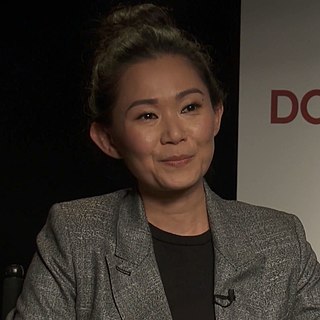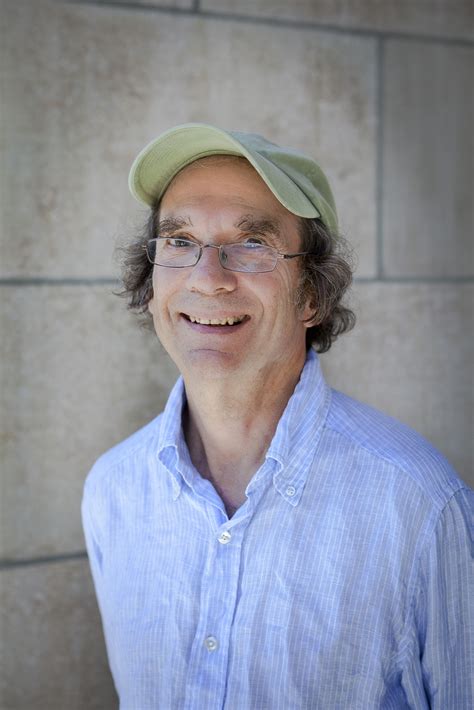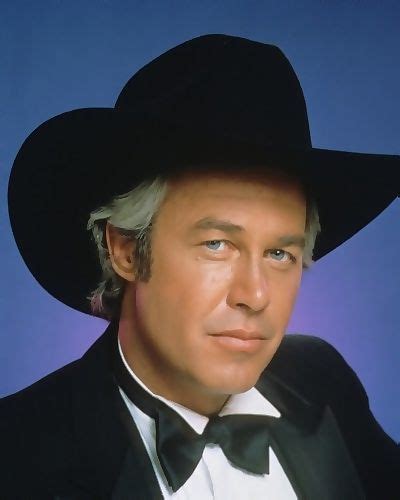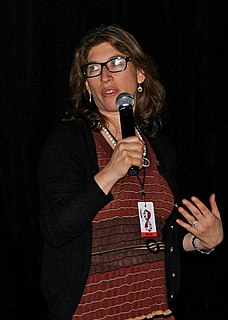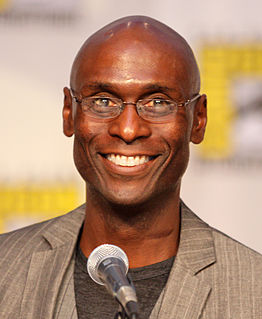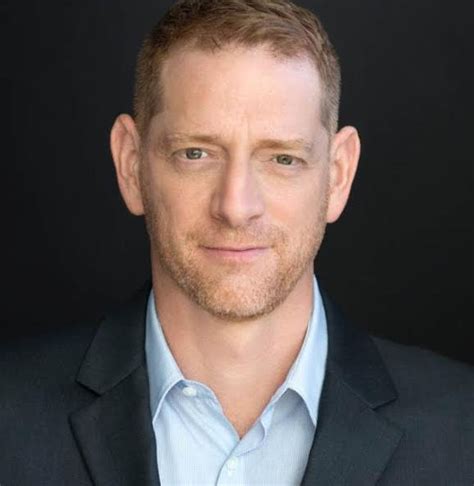A Quote by Hong Chau
For a good part of my childhood, we were super poor and lived in government housing. I don't characterize the American dream as being successful and having a lot of material wealth to show for it. I did fine without it for a really long time.
Related Quotes
We as Americans are completely obsessed and wrapped up in a lot of the wrong values - looking good, having cash in the bank, being perceived as rich, famous and successful or just being famous... It's the most superficial part of the American dream and who would know better than me? The only thing that's going to bring you happiness is love and how you treat your fellow man and having compassion for one another.
The poor, no less than the rich, stay tuned in to the Dream Machine in bad times as well as good....By 1995, millions of the poor were left without housing, medical care; jobs, or educational opportunity; six million children-one of every four kids under 6 years of age in America-were officially poor. Mired in Third-World conditions of poverty while video-bombarded with First-World dreams, rarely has a population suffered a greater gap between socially cultivated appetites and socially available opportunities.
Over the years, as I lived in low-income housing, collected government assistance, and lived well under the poverty level as I put myself through college, the comments people made about poor people started to sting. The poor are dirty. Hoarders. Their houses are a mess. Their kids are wild, untamed, and feral-looking.
Tax time approaches, and Americans are as always paying H & R Block billions to help them save some of their wealth from their ravenous government. Pitiful, in a way: it underlines the grim but
unacknowledged fact that the government is their enemy and they have to hire protection from it. But don't we enjoy 'self-government'? Well, if we have it, I'd hardly say we enjoy it. True, we aren't being taxed by the monarch of Great Britain, but our American-born rulers claim far more of our wealth than the British monarchs ever did.
There was a time when I was offered two episodes of 'Alias,' that show with Jennifer Garner which J.J. Abrams did back before he became the mega producer and super successful director. I instead decided I wanted to play this family guy on a short-lived UPN 'Second Time Around.' It starred Boris Kodjoe and Nicole Ari Parker.
During the Reagan eighties, the idea that money was a good thing - it was good to be rich; that wealth was a reflection of your character. We see this today in perceptions of Donald Trump: the idea that money is an expression of success and even goodness. I compare that with my dad's generation, where the American Dream was about giving your kids a better life, but not just in material terms. The American Dream was also about doing something good in the world. The home was at the center of the dream, but home also represented community, shelter, and stability for your family.
I did an Off-Broadway show that was a comedy written by Ann Meara. We were like a family, and we did that show for a year. On Oz, I did feel like the cast members were friends and there was a lot of bonding. That said, there was a lot of testosterone. Once again, it was full of really intense theater actors with this writing that was really intricate and subtle.
